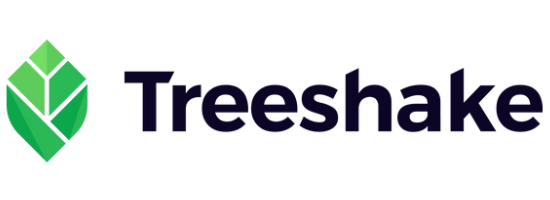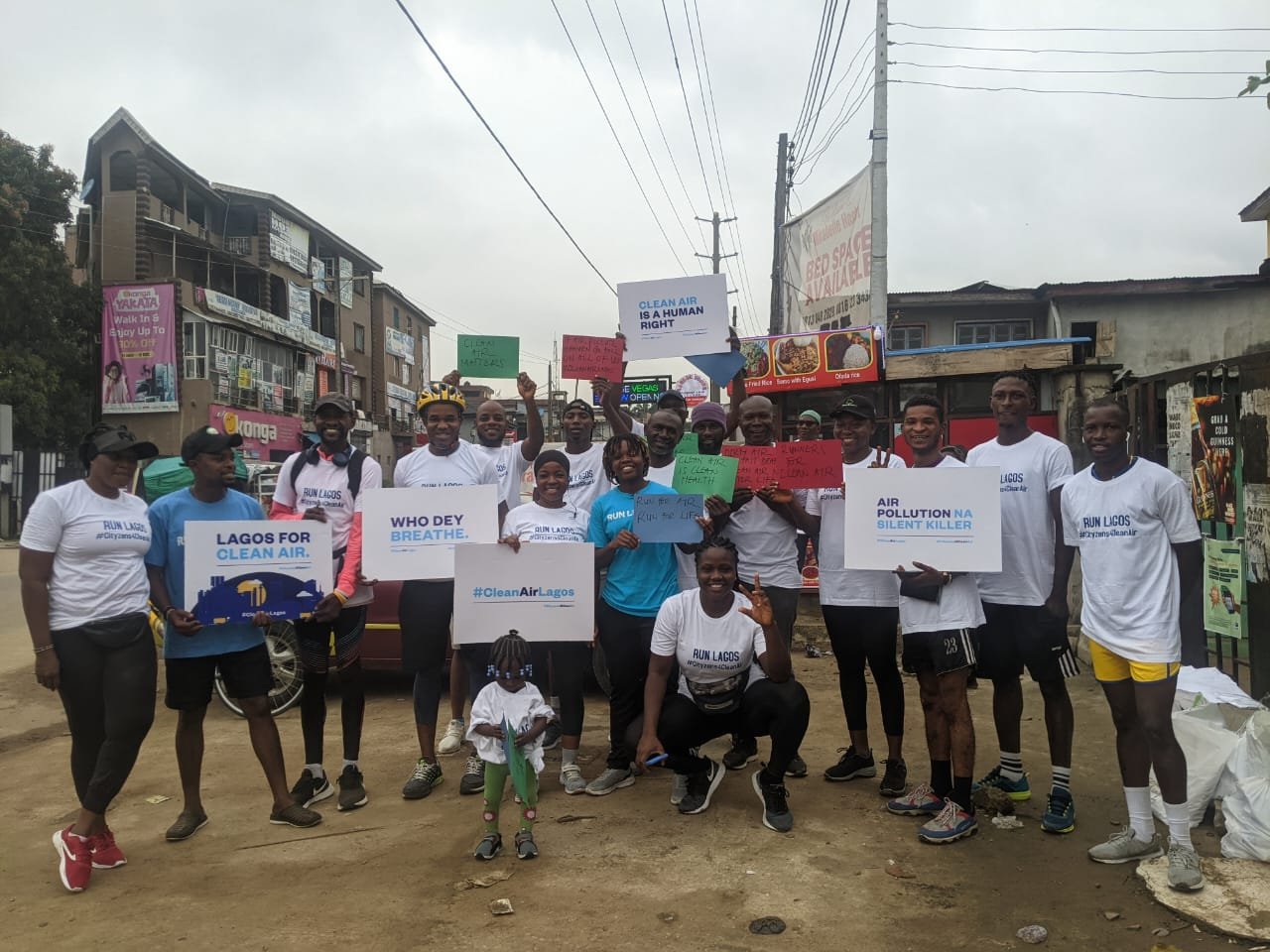Cityzens4CleanAir: The Power of Citizen Science in Tackling Air Pollution
By engaging young people in data collection and public mobilisation, the Cityzens4CleanAir campaign, led by Urban Better, generated valuable insights into local air quality in Accra, Lagos, and Cape Town, and informed action to improve it.
Air Pollution is a Major Issue - for public health and climate
Climate action can be such a nebulous issue for people to grapple with, but air quality makes it tangible. It’s at the intersection of health and wellbeing. We can tangibly see it, measure it, and explain the personal and community impacts of it. So it’s one of the best ways to get people to notice and take action on climate.
It’s no secret that air pollution impacts health and wellbeing. But working on this issue made us more aware of just how damaging it can be. Breathing polluted air can cause respiratory problems like asthma, bronchitis, and lung cancer, as well as heart disease, stroke, and high blood pressure. Air pollution can also make allergies and asthma worse, impede children’s ability to concentrate, and reduce our life expectancy.
Of course, air pollution also impacts our climate & environment. The same sources of pollution that damage our health also tend to damage the environment and contribute to climate change. But unlike rising sea levels, or fractions of a degree in global warming, this is something that can be tangibly seen and acted on at a local level.
Citizenship in Action
The first step to creating change is to understand the issue. In this case, this was about gathering evidence of air pollution and the causes thereof in particular communities.
-
Citizen science engages the public in the process of collecting and interpreting data, which can increase awareness of air quality issues and empower individuals to take action to address them.
This approach also allows for more localized and targeted monitoring, which can provide a more accurate picture of air quality in specific areas.
-
Decentralized Air Quality monitoring uses portable air quality sensors.
This approach has a number of advantages over installed air quality sensors: it costs less to deploy; it is adaptable to needs; and it can provide more datapoints across a wider area.
This was done by equipping young people with wearable air quality monitors, which they wore while traversing local run routes. If their Air Quality monitor picked up particularly poor air quality in a particular place, then they were asked to look for the source of the pollution.
For example, they might see that the pollution was coming from people burning rubbish on the side of the road. This evidence could then be presented to local municipalities and action could be taken to address the cause.
This specificity is empowering to communities and decision-makers. It takes the conversation from general asks like “reduce air pollution to improve public health” to specifics like “collect trash more frequently in Zone B so that residents don’t have to burn it themselves”.
Data with Personality
The Cityzens4CleanAir campaign demonstrates many of the principles of advocacy that we stand for at Treeshake.
This is not about speaking on behalf of people in communities, it’s about equipping people in communities to discover and speak about their own issues.
It’s uses technology to make a credible point about a relevant issue. Without data, we’re just another group of people with an opinion. With credible data combined with testimony, we can engage policy-makers.
It gets people physically involved in making a difference on the ground, together.
It takes a big issue, air quality, and makes it hyper-local. Highlighting and tackling the complexity of implementation to make tangible recommendations for change.
It combined hard data with photos, videos, and testimony from real people from the affected communities to make the issue of air quality real and relateable. This is the essence of storymaking.
Involving a small group of well trained advocates will provide better traction for an emerging movement than simply blasting out messaging to lots of people who aren't as deeply engaged.
Key Results
Through our small groups of dedicated group leaders in each city, we were able to organise dozens of events in three cities; gain the support of policy-makers; and secure mainstream media coverage.
Around 300 people participated in the data gathering runs in Lagos, Cape Town, and Accra between September and November 2022. This included prominent figures like Cape Town Mayor Geordin Gwyn Hill-Lewis, and Lagos State Health Commissioner Akin Abayomi.
Our advocacy toolkit made it easier for our “cityzens” to help spread the message online, using the hashtag #Cityzens4CleanAir, as well as #CleanAirAccra, #CleanAirCapeTown, or #CleanAirLagos. This helped push the campaign's organic online reach to over 2.5 million people. Notable supporters on social media included WHO Director of the Public Health Maria Neira; president of the Youth Envoy for COP27 Omnia El Omrani; as well as notable climate solutions platform We Don't Have Time.
We got 28 pieces of mainstream media coverage across the continent, including three top tier features on Al Jazeera (with renowned presenter Femi Oke and Maria Figueres, the architect of the Paris Climate Agreement), the BBC, the Guardian, and WEF. This was achieved with precision outreach to individual journalists, with personal follow-ups rather than generalised blasting out of press releases
Finally, the campaign results were presented to influential in-person audiences at the UN’s COP27 meeting in Egypt; and at the World Science Forum in Cape Town. Results were presented by the run leaders themselves, with the support of Dr Tolullah Oni & Dr Monika Kamkuemah of Urban Better.
The Guardian: “A precision approach to activism’: distance runners join fight against Africa’s air pollution”
Explore the Findings from the Project
The report is based on PM2.5 and NO2 air quality data collected by the citizen scientists who participated in the campaign across the various cities. The data used to create this report was generated by a number of low-cost air quality monitoring devices i.e Flow2 by Plume Labs and Airbeam devices which were carried by the citizen scientists during the campaign runs. This was supplemented by data from regulatory monitors operated by the city authorities.
Read More on the UrbanBetter website 🔗
Treeshake Team
Strategy: Dave Duarte
Content & Community: Mwabi Jere
PR: Aithne Molotsane
In partnership with Y-Labs



